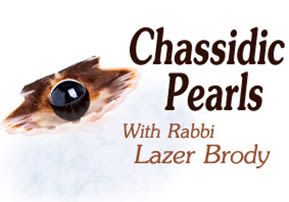
Re’eh: The Best Advice
It frequently seems as if many people are telling us what to do. When perplexed, all we have to do is remember...

"A blessing and a curse" (Devorim 11:26).
The Torah gives each individual a clear-cut choice: Either fulfill the Torah's commandments and earn limitless blessings, or transgress and suffer the consequences, heaven forbid. Hashem gives a person free choice to do as he or she wishes; as a result, we can only blame ourselves for the outcome of our actions.
Oftentimes, we don't know the best choice, so we seek advice. Rebbe Nachman of Breslev warns (Likutei Etzot, "Advice", a), "Everybody has ideas about the way to live. But as far as the masses of people are concerned, their ideas are all bad and ruinous. And all the more so, be sure to ignore any guidance offered by wicked people. They are the enemies of truth and therefore one must stay away from them, for they are the source of everything corrupt and destructive. All they have to offer is the advice of the primordial serpent, which is the antithesis of the Holy Covenant. Anyone who follows it will be covered in filth. He will become alienated from truth, faith and prayer, and he will be unable to come to the Land of Israel. Have nothing to do with their ideas. Bind yourself to the true Tzaddikim and those who follow their ways. Their guidance is the 'seed of truth.' Through it you will be able to observe the Covenant in purity. You will attain goodness, truth, faith and prayer and be worthy of coming to the Land of Israel."
It frequently seems as if many people are telling us what to do. When perplexed, all we have to do is remember Rebbe Nachman's above advice and listen to the true tzaddikim. Even the advice of apparent "experts", such as a psychiatrists or lawyers, will be detrimental if the "expert" himself is far away from Torah and holiness.
With Hashem's grace, the following parable will make Rebbe Nachman's advice crystal clear:
The King had a lone heir, his beloved son the prince. The prince began suffering severe pains in both feet. As time progressed, the prince's health deteriorated to a point that his feet began to turned blue. It appeared that they had become gangrenous. The King summoned the Minister of Health, who in turn hastened the kingdom's best physicians to the royal palace. Three leading doctors examined the prince carefully and nodded in agreement: To stop the spread of the gangrene, both the prince's feet must be amputated immediately.
"Are you certain?" asked the worried King. "Isn't there an alternative?"
The first doctor, the head professor of surgery at the royal university, lowered his gaze and shook his head in a somber "no". The second doctor, the royal family's personal physician, tearfully apologized that there was no other way to save the prince. The third doctor, the kingdom's leading orthopedist, nodded his head in agreement with the other two. The King cried out in agony.
Suddenly, as if a cyclone entered the room, the royal shoemaker burst into the prince's chambers, where the King, the Minister of Health, and the three physicians stood by the prince's bed. The palace guardsmen tried to stop him, but he threw himself at the King's feet. Breathless, he cried out, "Your majesty! I heard that the prince is deathly ill! Please, allow me to examine the prince!"
The three physicians snickered and jeered at the shoemaker. The Minister of Health called the captain of the palace guard to remove the insolent shoemaker, who charged into the prince's chambers without permission. The King raised his hand, silencing everyone: "Let him be; he and his forefathers have been shoemakers to the royal family since time immemorial." The King then turned to the shoemaker and asked, "What do you have to say, cobbler?"
On his knees, the royal shoemaker spoke to the King with complete confidence and said, "Your majesty, I have an unbroken tradition from my forefathers as to diagnosing problems of the feet. Allow me to examine the prince's feet!"
The King agreed, to the dismay of the haughty physicians who viewed the shoemaker with utter disdain. The shoemaker stood up and approached the prince's bed. He removed the prince's socks, looked at the prince's feet, and then examined the prince's shoes. He then declared, "Your majesty! I don't know who gave the prince these shoes, but they are not my handiwork. Not only is the leather imitation – it doesn't breathe – but the shoes are two sizes too small! These ill-fitting shoes are the culprits – they inhibit the free flow of blood to the prince's feet! The prince must lie in bed for three days with nothing on his feet, and dip his feet in clean, fresh water every hour. Soon, his circulation will be returned, and in the meanwhile, I shall make the prince a new and perfectly-fitting pair of shoes from the finest leather. The prince's feet will be fine! There's no need to amputate, just to change his shoes!"
The King's joy knew no bounds. With a wave of the hand he sent the physicians packing; had he listened to their advice, the prince would have been crippled for life. Lucky for the King that the shoemaker was a simple man of truth, whose good advice saved the prince's feet and his future.
The Jewish people are exemplary of the sick prince, the only son of the King, who symbolizes Hashem. The gangrenous infection in the prince's feet is an allusion to the troubles of the Diaspora. The feet symbolize the very foundation on which a Jew stands – the Torah, for without the Torah, the Jew is a cripple. The physicians, symbolic of the heretics and the nations of the world, tell the prince – the Jew – that the only way he can live is to have his feet amputated, in other words, to cut himself off from Torah. The ill-fitting shoes are a modern, non-Jewish lifestyle that inhibits the flow of Divine light to the Jewish soul.
The royal shoemaker is the true tzaddik who prescribes healthy shoes, in other words, a Torah lifestyle that's vital to the body and soul.
The false advisers tell the Jewish people that their problems are because of their Jewish lifestyle and Torah observance. Many are the naïve who fall prey to such toxic advice, as if they water down their Judaism, they'll adopt better among the nations – nothing could be further from the truth. One who is willing to compromise on Torah learning and observance is tantamount to the person that's willing to have his or her feet amputated unnecessarily.
Luckily, we have the "shoemaker", the tzaddik who clings to truth, to take advice from. The true tzaddik shows us the way to cling to Hashem and His Torah, thus assuring us a life of blessings. With Hashem's help, the true tzaddik will take those who follow his advice hand-in-hand to greet Moshiach Tzidkenu in a rebuilt Jerusalem, soon and in our time, amen.


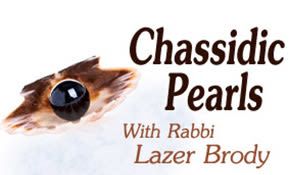
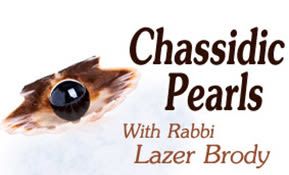
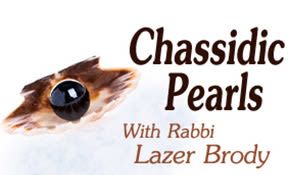
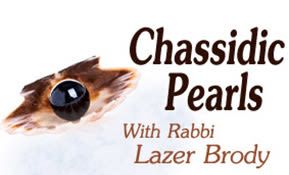

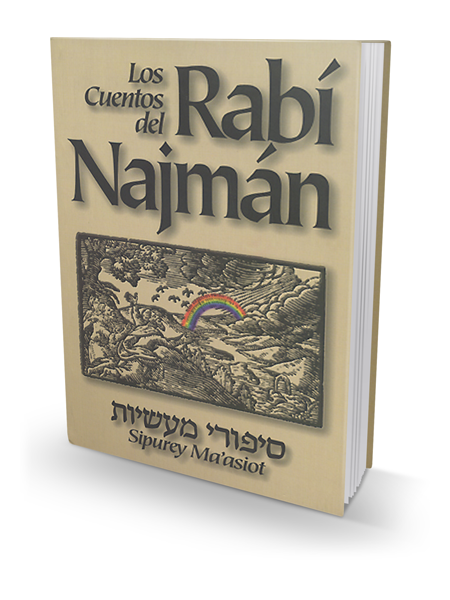

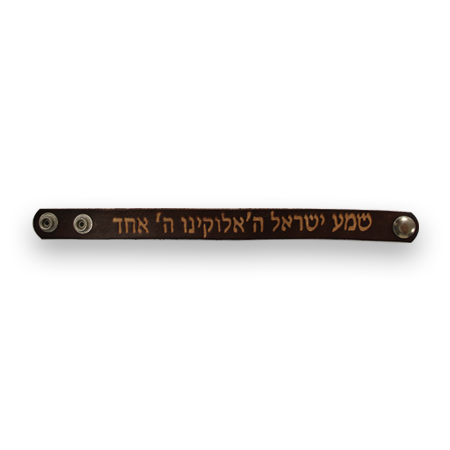
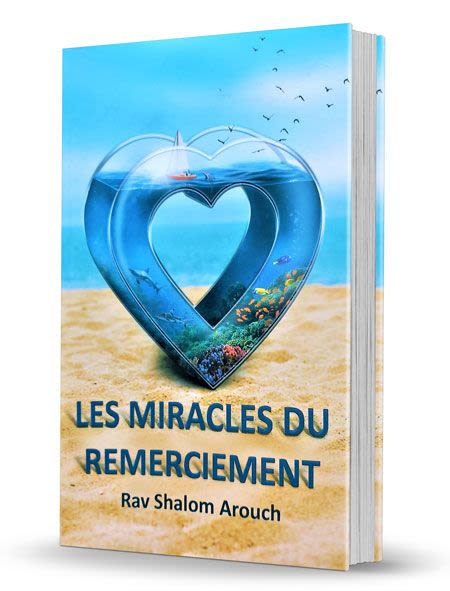
Tell us what you think!
Thank you for your comment!
It will be published after approval by the Editor.